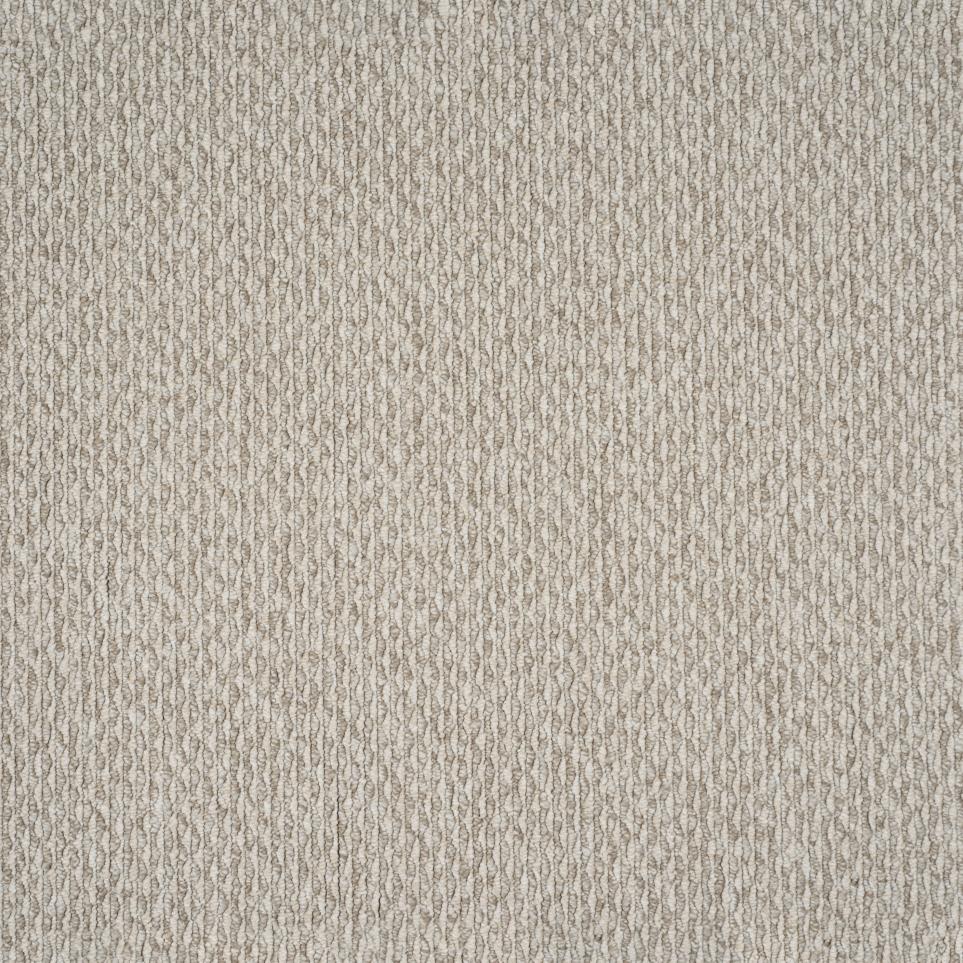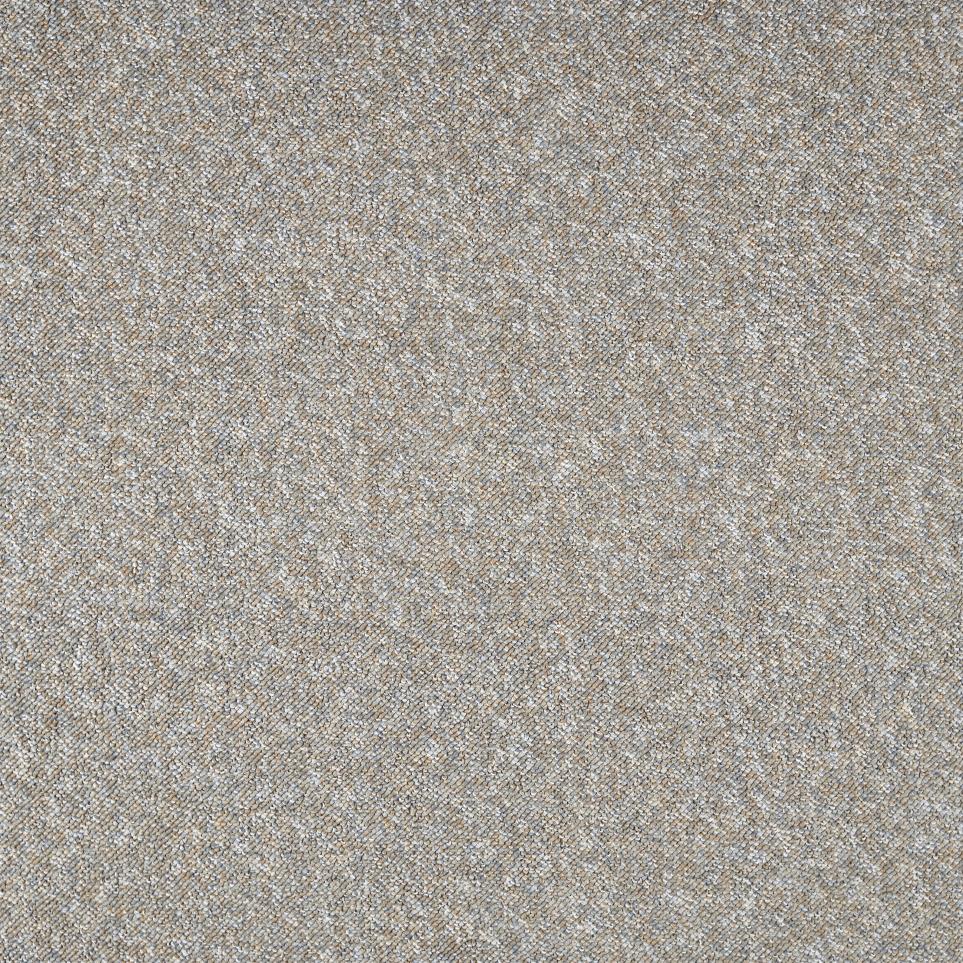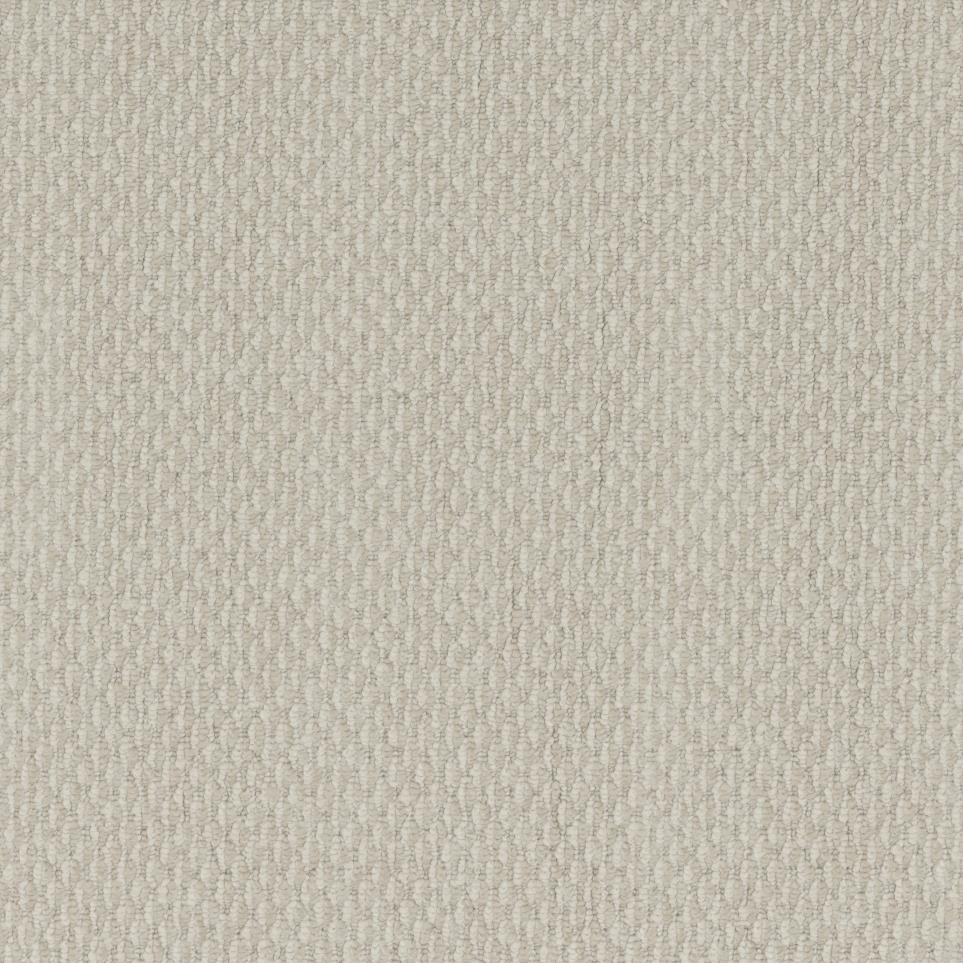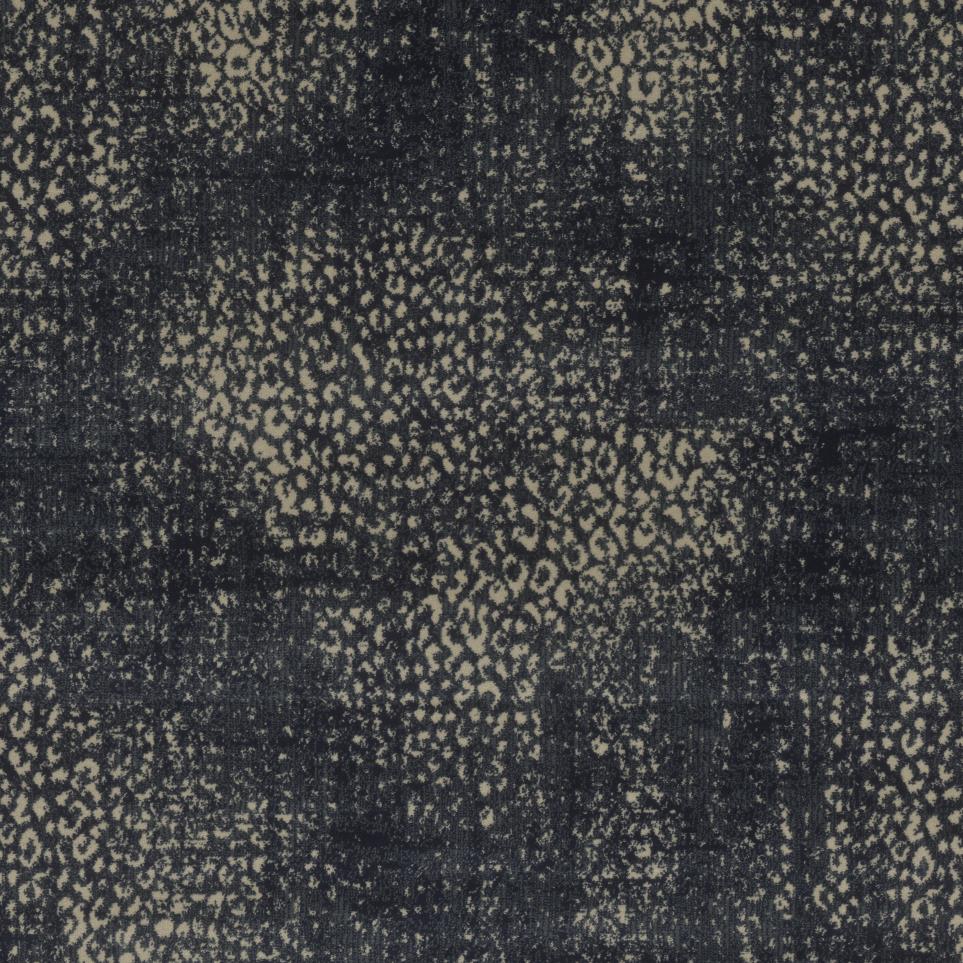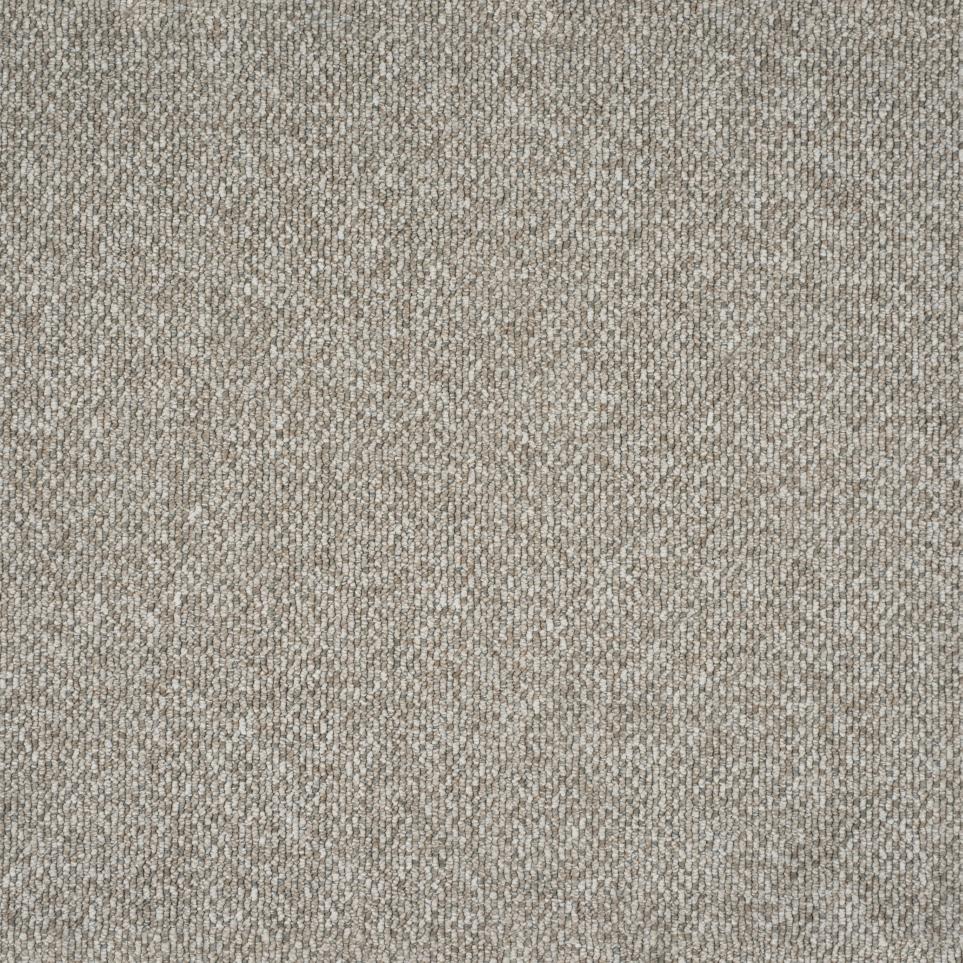What Is Olefin Carpeting?
It's finally happened—all the kids are out of the house and you're officially an empty nester! There's no time like the present to turn that screened porch currently filled with sports equipment into a cozy, carpeted nook where you can read and relax. If indoor/outdoor spaces are on your list for new flooring, olefin carpet is worth exploring.
In fact, it's likely you already have olefin fibers in your home. This synthetic material also known as polypropylene is commonly used as backing material on area rugs and other types of carpet.
Olefin Carpet Pros and Cons
Before investing in any flooring, including olefin carpet, the pros and cons are worth considering. Olefin can be beneficial because it:
- Has a more affordable price tag compared to other carpet materials
- Resists water as well as mold and mildew, so it's perfect for some outdoor uses
- Resembles natural wool
- Won't give you that unexpected static shock like some other carpets do
A few olefin carpet problems to take into account include:
- Absorbs grease and oils you may spill, which can discolor the carpeting if you don't treat it properly
- Wears out quickly, especially in busy spaces where pets or people may be constantly passing through
- Fibers can fuse together thanks to its low melting point, especially when they're compressed by heavy furniture
What It Takes to Maintain Olefin Carpet
If you opt for olefin carpet in some parts of your home, you'll want to tackle a few easy maintenance tasks to keep it wearing well for years to come. Routinely vacuum to pick up the dirt, debris, and pet hair that's accumulated. And if someone accidentally tracks in oily substances, clean the carpeting right away according to the manufacturer's instructions.
Appearance
Did olefin carpeting first catch your eye because of its wool-like appearance? If so, you wouldn't be the first. Though olefin isn't often top of mind when homeowners consider new carpeting, when it is used, it's typically as a dense, low-profile loop carpet like berber. Olefin fibers are the most colorfast carpet fibers available, so there's no fading once you make your selection and have it installed, even in the sunniest of rooms! That said, color options are more limited than other synthetics, like polyester or nylon.
How Durable Is Olefin Carpet?
Olefin carpet has its strengths and weaknesses when it comes to durability. If you've got a messy crew that hangs out on the back porch occasionally after a sun-filled pool day, olefin carpet may be just the flooring option since it wicks away moisture and doesn't mold or mildew. But keep in mind that olefin carpet is easily affected by heavy traffic, including dragging objects across it, which can cause the fibers to clump together and melt into each other.
Installation and Lifespan
Carpet installation may look simple, but the process is actually impressively complex. Once you've selected the winning carpet, opt for skilled installers who will tackle the job the right way. A proper installation coupled with quality materials and regular maintenance will ensure you get the longest life from your new olefin carpet.
And don't forget to ask your local Flooring America expert about the warranty protection that's provided. This will give you peace of mind about your latest investment.
Frequently Asked Questions
What is olefin carpet made of?
Olefin carpet is made from polypropylene, which comes from plastic. You've likely seen this synthetic material used in commercial spaces and as the grid-like backing on carpets and rugs.
What are the disadvantages of olefin?
If you're looking for carpet that can thrive in every room of your house or withstand a neverending barrage from rambunctious kids or rowdy pets, olefin isn't the answer. Olefin carpet problems can also surface if you encounter grease and oil spills, as well as heavy compression, which can cause the synthetic fibers to mat together. Your best bet is to use olefin carpeting in less trafficked areas, like spare rooms, quiet basements, and outdoor areas.
Which is better: nylon or olefin carpet?
Choosing between nylon and olefin carpet really depends on where you'll put the carpet and what kind of wear that space usually gets. If it's a busy part of the home like hallways or living areas that gets constant traffic between the family dogs and active little ones, you'll get more mileage out of nylon. It's more durable than olefin, bounces back from footprints, and won't stain when you accidentally drop your coffee.
Is olefin a good carpet?
Yes! Olefin excels when you're looking for a low-cost carpeting choice that can handle moisture-prone spaces that don't see a lot of traffic, like basements. This synthetic material inherently repels water, so no more musty mold and mildew odors coming from your carpet! Olefin carpet also performs amazingly well in sunrooms and porches that get a lot of direct sunlight since it's colorfast and doesn't fade.
